Keywords: Liberal Party
There are more than 200 results, only the first 200 are displayed here.
-
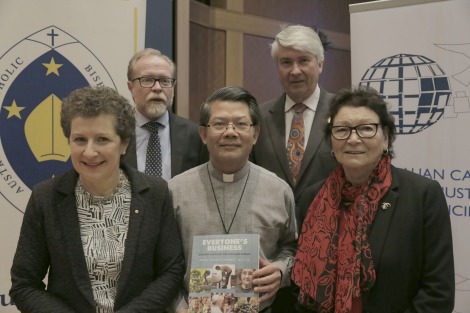
RELIGION
- Frank Brennan
- 11 September 2017
2 Comments
The real call of Everyone's Business is to move beyond them and us to admitting that there is only us. If we are truly to build an inclusive and sustainable economy, it can't be just those in full time paid employment who are part of that economy. We take seriously the principles of neo-liberalism, letting the market decide. But we set limits on the market for the common good.
READ MORE
-
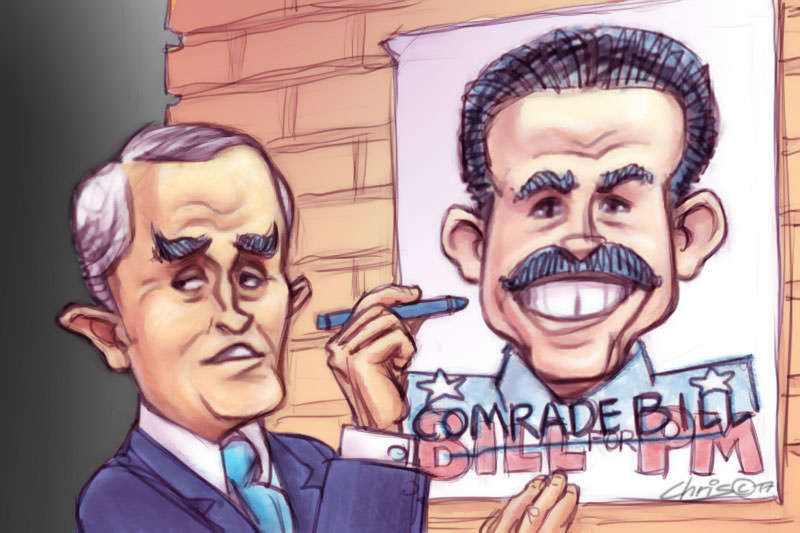
AUSTRALIA
- Evan Smith
- 01 September 2017
12 Comments
Earlier this year, Turnbull made a speech in London where he called for the Liberal Party to return to its ideological base as laid out by Sir Robert Menzies. Turnbull suggested that the Liberal Party under Menzies was the socially conservative party that many on the LNP's right wish it to be, but it seems that what the Liberals have taken from the Menzies era is a revival of anti-communist rhetoric.
READ MORE 
-

AUSTRALIA
- Rohan Salmond
- 21 August 2017
53 Comments
Same-sex marriage, the government tells us, is not a first-order issue. And yet it has grown to become a controversy so monumental it has overshadowed even the prospect of nuclear war with North Korea.
READ MORE 
-
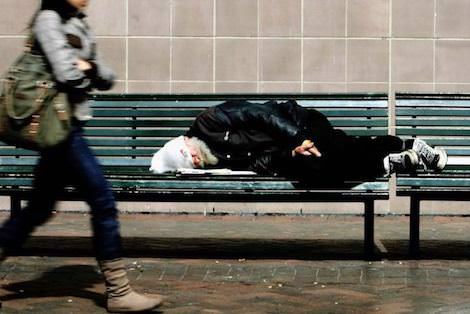
ECONOMICS
- Andrew Hamilton
- 16 August 2017
18 Comments
Cometh the hour, cometh the third murderer. So now inequality is in the spotlight and is being booed off the stage. It is blamed for the rise of populist politics, and more fundamentally for economic stagnation. The economic neo-liberal orthodoxy, that so implausibly claimed that economic competition unfettered by government regulation would benefit all of the citizens, has produced the gross inequality that hinders economic growth.
READ MORE 
-
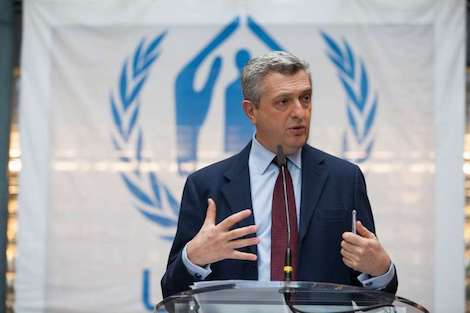
AUSTRALIA
- Frank Brennan
- 02 August 2017
29 Comments
What possessed Filippo Grandi, the relatively new United Nations High Commissioner for Refugees, to go public last week, having a go at Australia for our government’s treatment of unvisaed asylum seekers who arrived in Australia by boat? He repeated UNHCR’s demand that Australia terminate offshore processing of asylum seekers on Nauru and Manus Island and that we not outsource our responsibilities to others.
READ MORE 
-
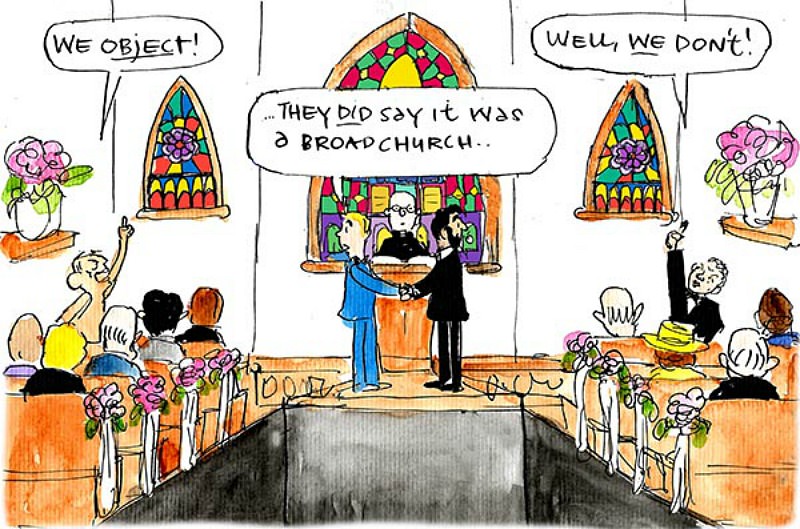
CARTOON
- Fiona Katauskas
- 27 June 2017
9 Comments
This week's offering from Eureka Street's award winning political cartoonist.
READ MORE 
-
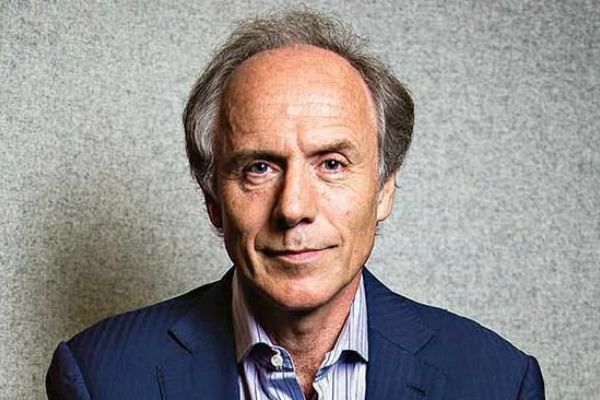
ENVIRONMENT
- Greg Foyster
- 22 June 2017
6 Comments
If politics is theatre, climate politics is a family drama. For the last decade we've watched two rival households having the same endless argument. Political journos call it the 'climate wars' and mostly focus on the lead actors standing in the spotlight - in the Western narrative tradition, characters drive events. Almost no one has noticed the scenery change. Stagehands dismantled the backdrop years ago, but politicians have carried on as if the same circumstances existed when they started this charade.
READ MORE 
-
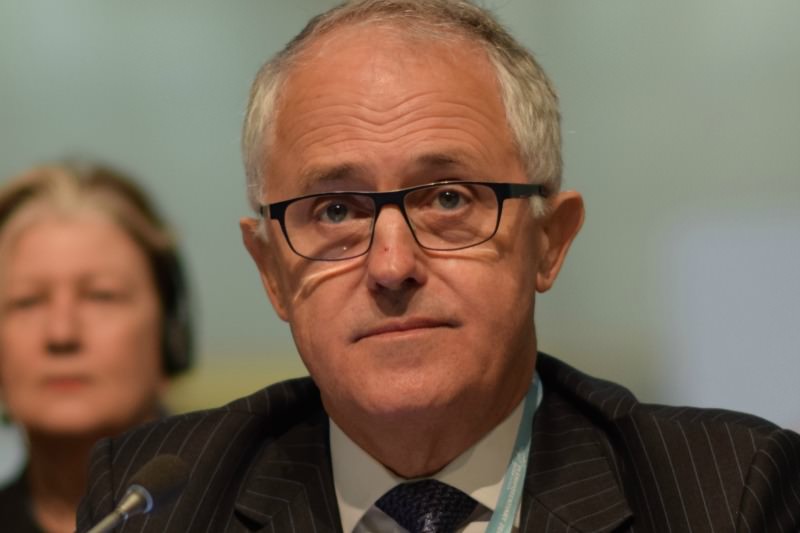
AUSTRALIA
- Fatima Measham
- 21 June 2017
15 Comments
In the latest Essential poll, the primary vote for Pauline Hanson's One Nation lifted to 11 per cent. It does not bode well when competence is no longer the baseline; though in a leadership vacuum, 'someone else' holds a natural appeal. In any case, there can be worse things than incompetence. There is timidity. Mediocrity. Running up the cost of doing nothing at all. In so many ways, the Australian political class is holding us back. That is the crux of nearly every policy impasse over the past several years.
READ MORE 
-
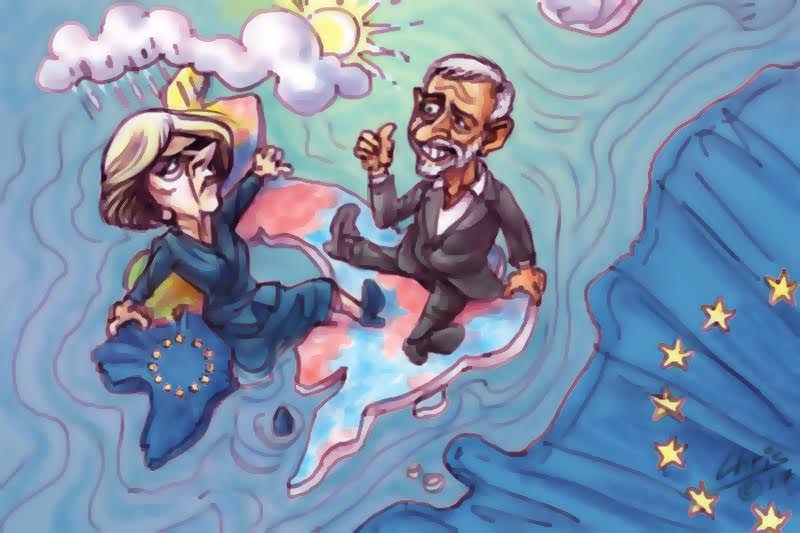
INTERNATIONAL
- Jeff Sparrow
- 09 June 2017
17 Comments
When Corbyn invoked the many against the few, he did so while advocating free education, the renationalisation of utilities and a break from the US alliance. By contrast, Blair coined the phrase in a speech where he urged listeners to put behind them 'the bitter political struggles of left and right that have torn our country apart for too many decades. Many of these conflicts have no relevance whatsoever to the modern world - public versus private, bosses versus workers, middle class versus working class.' We all know which version sits closer to Shorten's heart.
READ MORE 
-

AUSTRALIA
- Frank Brennan
- 31 May 2017
6 Comments
Indigenous leaders this last week have called for the creation of two new legal entities. They want a First Nations Voice enshrined in the Constitution, and a Makarrata Commission set up by legislation. The Makarrata Commission would supervise agreement making between governments and First Nations and engage in truth telling about history. The envisaged destination is a national Makarrata (or treaty). So the immediate constitutional issue is the creation of the First Nations Voice. There is no point in proceeding with a referendum on a question which fails to win the approval of Indigenous Australia. Neither is there any point in proceeding with a referendum which is unlikely to win the approval of the voting public.
READ MORE
-
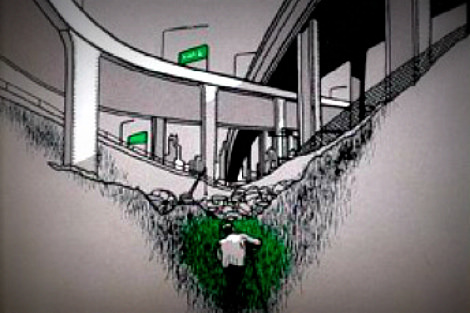
AUSTRALIA
- Tim Robertson
- 20 April 2017
13 Comments
One of the challenges for progressive parties is to look beyond the existing neoliberal framework for solutions to the current malaise. Labor is so steeped in neoliberal orthodoxy that, even if it was willing to evolve, it's likely incapable of doing so. And while much of the intellectual heavy lifting in forming a picture of what a post-neoliberal future may look like will be done outside organised politics, Labor remains completely unengaged with almost all of these debates.
READ MORE 
-

AUSTRALIA
- Kate Galloway
- 13 April 2017
8 Comments
There are reasons to be concerned about the capacity of a government to govern in the current brief election cycle, and in dealing with what some describe as a 'hostile senate'. But the networked world we inhabit also calls into question the way in which politicians might be accountable to the public. Rather than focusing on changes to a system of governance derived from a different era, we should be asking what are the implications of emergent technologies on the way in which we are governed.
READ MORE 